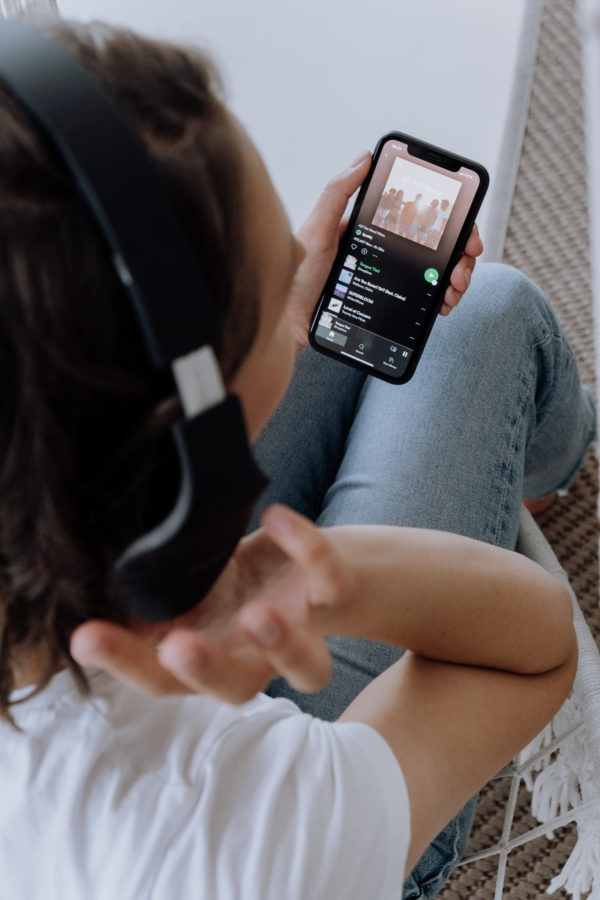
Schedule a demo with us
We can help you solve company communication.
In Australia, around 3.6 million people suffer from hearing loss and more
than 1.3 million people live with a hearing condition that could have
been prevented.
The most common causes of hearing loss are age-related and excessive
exposure to loud noise. Hearing loss caused by exposure to loud noise
is preventable.
If left untreated, hearing loss and ear disease can affect a child’s
learning and development. Adults with untreated hearing loss may be at
risk of developing other health problems.
Hearing loss makes it exceedingly difficult to hear speech and other sounds. There are various types of hearing loss and can range from mild to severe, some are temporary, and some are permanent.
Auditory processing disorders: These occur when the brain cannot process sound. This makes it hard to understand speech or to work out where sounds are coming from.
Conductive hearing loss: There is when there is a problem with the outer or middle ear, so sound cannot pass through to the inner ear. It may be caused by ear wax, an ear infection, a punctured eardrum, fluid in the ear or abnormal bone growth in the ear (known as otosclerosis). These conditions can usually be treated.
Sensorineural hearing loss: This occurs when the hearing organ, the cochlea, and/or the auditory nerve are damaged or malfunction, so they are unable to accurately send electrical information to the brain. Sensorineural hearing loss is almost always permanent
Mixed hearing loss: With this type, there is both conductive hearing loss and sensorineural hearing loss.
Ear infections
A head injury
Years of excessive noise (especially if working in loud environments such as mining, live music venues or farming.
Listening to very loud music with headphones.
Having trouble hearing in noisy places.
Having trouble hearing conversations and understanding what people say.
Have trouble understanding people unless they are facing you, or often need to ask them to repeat themselves.
Hearing sounds as muffled, as though people are mumbling.
Hearing a constant buzzing or ringing in your ears.
Finding that loud noises can cause you more discomfort than before.
If you experience any of these symptoms, you should consult your doctor.

If are experiencing hearing loss or you think your hearing may be damaged, you can arrange to have a hearing test. Your doctor will refer you to an audiologist.
1300 555 727
www.communications.gov.au
02 9412 6800
www.careforkidsears.health.gov.au
www.knowyournoise.nal.gov.au
www.hearingservices.gov.au/
www.health.gov.au
www.healthdirect.gov.au/ear-wax
www.healthdirect.gov.au/ear-infection
www.healthdirect.gov.au/otosclerosis
www1.health.gov.au/internet/publications/publishing.nsf/Content/oatsih-otitis-media-toc